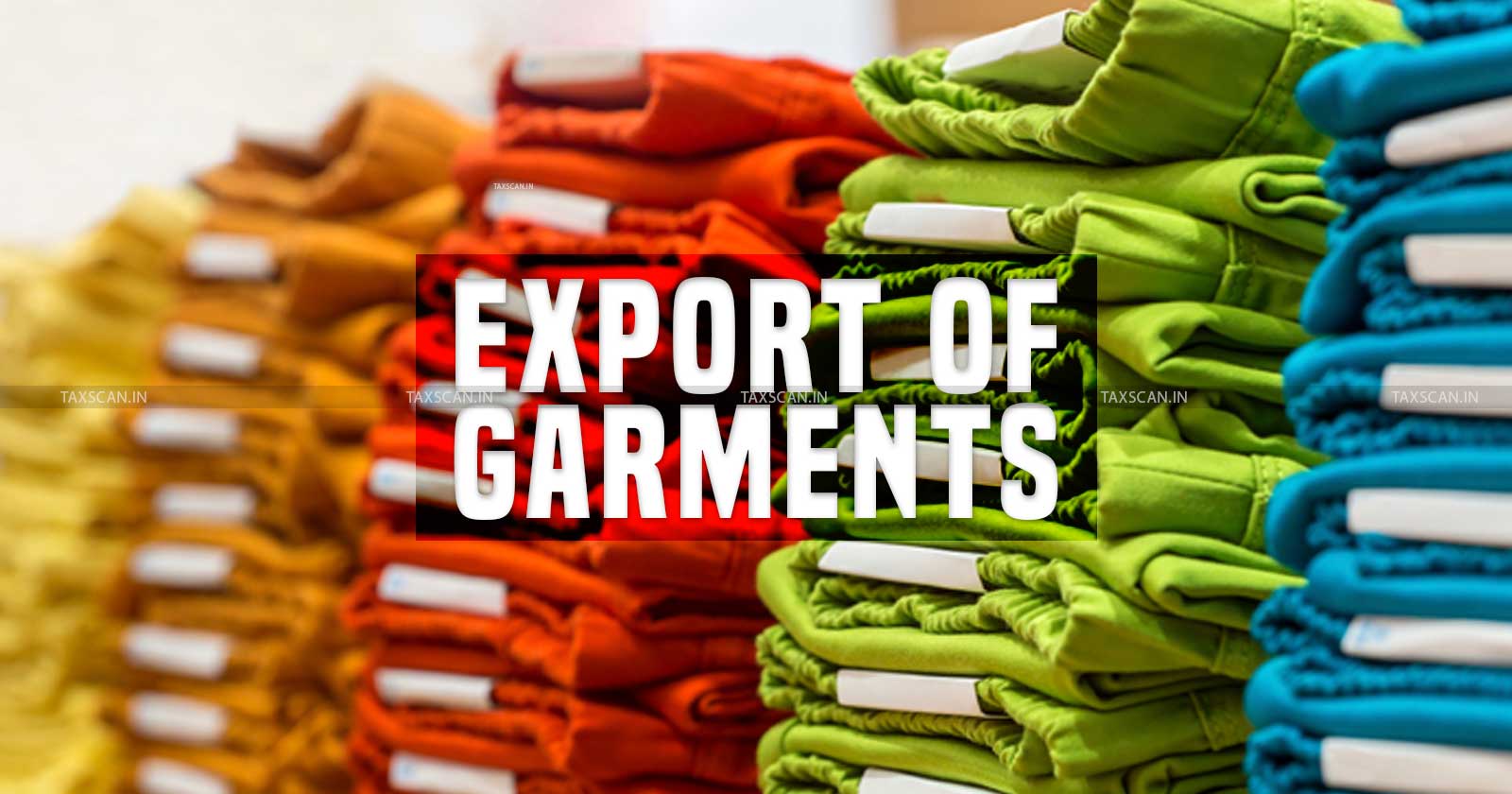Cabinet Approves Extension of RoSCTL Scheme for Apparel and Garment Exports
Previously approved by the Union Cabinet up to March 31, 2020, and subsequently extended until March 31, 2024, the latest extension until March 31, 2026

Cabinet – Extension – RoSCTL Scheme – Apparel – Garment Exports – taxscan
Cabinet – Extension – RoSCTL Scheme – Apparel – Garment Exports – taxscan
The Union Cabinet, led by Prime Minister Shri Narendra Modi, has granted approval for the continuation of the Scheme for Rebate of State and Central Taxes and Levies ( RoSCTL ) for the export of Apparel/Garments and Made-ups until March 31, 2026.
This two-year extension of the RoSCTL is a crucial step towards providing a stable policy environment, particularly in the textiles sector, where long-term trade planning is essential. Given the nature of the textiles industry, which involves advanced orders for extended delivery periods, the continuity of the scheme ensures predictability and stability in the policy regime.
The RoSCTL's extension is aimed at fostering predictability, removing the tax and levy burden, and establishing a level playing field based on the principle that "goods are exported and not domestic taxes." The scheme plays a pivotal role in enhancing export competitiveness for the garment and made-ups sectors, ensuring cost competitiveness and adopting the principle of zero-rated export.
Previously approved by the Union Cabinet up to March 31, 2020, and subsequently extended until March 31, 2024, the latest extension until March 31, 2026, further fortifies the export competitiveness of garments and made-ups. Importantly, it facilitates the adoption of a zero-rated export approach. Other textile products, excluding those covered under Chapter 61, 62, and 63, can avail benefits under the RoDTEP, along with other products.
The primary objective of the RoSCTL scheme is to offset State and Central Taxes and Levies, in addition to the Duty Drawback Scheme, for the export of apparel/garments and made-ups through rebates. Aligned with internationally accepted principles, the scheme ensures that taxes and duties are not exported, establishing a level playing field in the international market for exports. Consequently, not only are indirect taxes on inputs rebated or reimbursed, but also other un-refunded State and Central taxes and levies are rebated.
The rebate of State Taxes and Levies encompasses various components such as VAT on fuel used in transportation, mandi tax, duty on electricity, stamp duty on export documents, and embedded SGST on inputs. On the other hand, the rebate of Central Taxes and Levies includes central excise duty on fuel used in transportation, embedded CGST on inputs, and Compensation Cess on coal used in electricity production.
The RoSCTL has proven to be a significant policy measure, enhancing the competitiveness of Indian exports in the apparel and made-ups segments of the textile value chain. The extension of the scheme for an additional two years ensures a stable policy regime, vital for strategic long-term trade planning in the textiles sector.
Support our journalism by subscribing to Taxscan premium. Follow us on Telegram for quick updates


